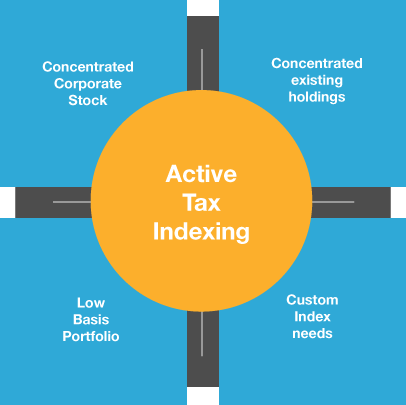Tax Loss Harvesting Could Reduce Your Taxes
Post on: 17 Июль, 2015 No Comment

Learn about end of year strategies that can reduce your tax liability
As the end of the year approaches, you only have a few more days to reduce your 2014 tax bill. If your investments did well this year, you may have racked up a lot of capital gains. However, many financial advisors implement strategies to use some of your investment losses as a way to reduce your potential tax liability.
In the following two videos, Ian Green, Chief Investment Officer of Pendragon Capital, and Matt Forester, Chief Investment Officer of CFG Asset Management, provide their explanations of what is Tax Loss Harvesting. (Cant watch the videos? Check out the full transcripts below!)
In addition to tax loss harvesting strategies, Ian Green also shares his thoughts on what you should know before buying a mutual fund near the end of the year.
What Is Tax Loss Harvesting? Ian Green
Tax loss harvesting is when an investor will sell some positions they have where there are capital losses in order to offset capital gains that they have incurred during the year. This is done so that you can net out the gains, so that on your taxes there will not be additional income.
This is very critical for investors who are in the high net investment income levels, where they would be subject to the extra 3.8% tax. It is always a good idea at the end of the year to take a look at your positions. Maybe there are some losers in there that you just want to wipe clean.
Remember, you can re-buy the positions after 31 days, so you avoid the wash sale rule. If you think you have a stock that is down and it is not going to be coming back for a while, it might make sense to take the loss and offset the gains to save some taxes.
Check out Ians GuideVine profile to learn more about him.
What Is Tax Loss Harvesting? Matt Forester
Tax loss harvesting is a way to reduce your tax bill. Its just a strategy that you use to lower your tax bill. Typically, tax loss occurs somewhere near the end of the year, and you see how securities inside your portfolio have performed over the course of the year,then you sell them. Now some tax loss harvesters could do this during the course of the year. In other words, if you had securities go against you in price, you can harvest the losses and these could offset your gains and over the course of the year, which lowers your capital gains tax bill that you would pay at the end of the year.
Check out Matts GuideVine profile to learn more about him.
Buying Mutual Funds Towards The End Of The Year May Increase Your Tax Liability Ian Green
Mutual funds are required to pay out their capital gains each year to their investors. Usually, that takes place at the end of year, sometime November or December.
The rules for doing that for tax purposes do not take into account how long youve held the mutual funds. For example, if you bought it a day before the ex-dividend date for the capital gains, you are going to receive a 1099 for those gains, even though youve held the fund maybe just for a couple days.
Its important for investors to actually look up in the information available when a mutual fund is going to pay out their dividends. If its significant, it may be a good idea to wait until after they pay out the capital gains before investing.
The channel showcases GuideVines expert Financial Advisors who help answer top personal finance questions (e.g. Retirement, Planning, Investing). Watch Now.














